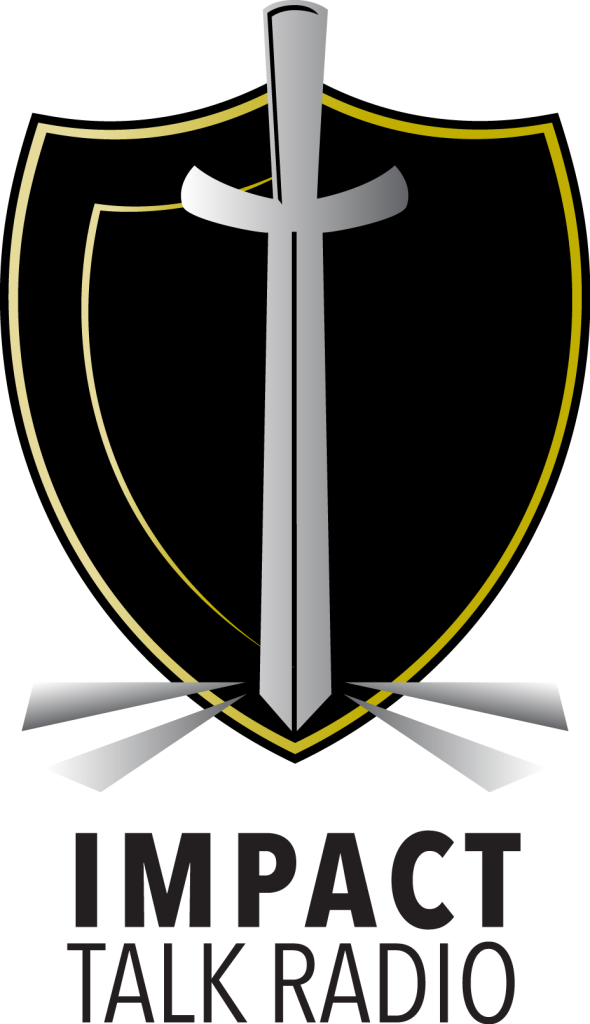Two companies competing in the same market can have wildly different results. One company will thrive and the other will flounder. Why? Does one company have smarter people? Or better information?
That is unlikely. There is not a shortage of smart people in business today. The people available for businesses to hire have never had access to more education and more information.
Brains and skills abound in most companies. Brains and skills are hired and reinforced through training. Yet some companies lag behind the leaders. Why? The answer is dysfunction not incompetence.
Incompetence
Someone is incompetent if they lack the qualities needed for effective action or they are inadequate for a particular purpose, according to Merriam-Webster. Some synonyms include:
- Incapable
- Unfit
- Unskilled
- Unqualified
If I have a team that is not getting the job done, I need to ask myself if these adjectives describe my group. If they do, I have either a hiring or a training issue.
If my team is none of these, then I am dealing with a dysfunctional team not an incompetent one.
Dysfunction
Dysfunction is defined as abnormal, impaired or unhealthy interpersonal behavior within a group. It is described as a consequence of a behavior pattern that undermines the stability of a social system. A dysfunction is not a lack of ability. It is the impairment of that ability that undermines the stability of a team.
Based on these two definitions, is the answer for average to low performing teams more skill training? Do they need more knowledge in order to function better? No!
What most teams need is an intervention that will address the dysfunctions within the group.
The Five Dysfunctions of A Team
Patrick Lencioni published The Five Dysfunctions of A Team in 2002. Don’t let the title fool you. The book does a great job of both identifying team dysfunction and providing practical tools to address each dysfunction.
- Absence of Trust - The Foundation To Them All
- Fear of Conflict
- Lack of Commitment
- Avoidance of Accountability
- Inattention to Results
If you look at the list, none of them are tied to a person’s skills or intelligence. They are all tied to dysfunctional behaviors. After leading and training multiple teams it has become crystal clear to me that these are the differentiators.
Teams with similar products in a common market will win or lose based on the level to which these dysfunctions are present.
The Bottom Line:
I have to ask myself: “Is my team incapable, unfit, unskilled or unqualified?”
No? Then we have to stop white washing the real issues with more competency development strategies! Intelligence is not the issue thats keeping our teams from winning.
More 20 somethings are ENTERING the workforce with advanced degrees than ever before. Smart and experienced 30, 40, and 50 somethings are waiting to be hired. It is a buyer’s market if I am looking for smart people.
The issue leaders must address is dysfunction not incompetence. It is the behaviors of the team that impairs its ability to perform at high levels. These dysfunctions not only hurt productivity, but they also hurt engagement and retention.
Who cares if I work around a lot of smart and capable people, if dysfunction keeps us from being more than just average? Competence does not keep people productive, engaged and loyal. A healthy workplace does.
It is a leader’s calling to address the biggest needs of the team. Most leaders miss the mark when they define those needs around incompetence instead of dysfunction.
Question:
Is your team competent and healthy or just competent? Which of the five dysfunctions listed above is the biggest dysfunction you see on your team?







Hi Dave
Am using Lencioni’s “5 Dysfunctions…” with a team that is neither low nor average functioning. But this high performing team has a block when it comes to Accountability (or Lack of…) and ownership of collective success. Its as if each persons personal goals have marginal priority over those of the team “I’m doing great, even if we’re not”.
TW
Too often the ability to put aside personal or department goals for the larger good of the team can keep a team from excelling. Sometimes it is an issue of selfishness and other times it can the structure of the organization as well. (Incentives for department goals but not larger goals etc).
Agree Dave, maybe underneath it all is how the employees are compensated or evaluated. If each employee is evaluated on an individual basis then what is there motivation for helping the team at their expense? When looking at employee or team dysfunctions I find it helpful to look at how evaluations occur. It is much like the wide-received who earns bonuses by the number of catches he makes. If the coach isn’t careful he might create a ball-hog. Though I might argue this problem is a character issue.
Character always plays a role doesn’t it?
Lencioni’s “5 Dysfunctions is a great exercise although I believe without a strong vision supported by a well defined roadmap and a scorecard is also required. I offer the following example. “Fire” (crisis) everyone works together (alignment) to get everyone out safe (scorecard). Hero’s (leaders)will surface and having a plan( process) will improve results.
When the rubber hits the road dysfunctional behavior can not be tolerated -let alone endorsed. When management is aware but not active in addressing the root causes of underperformance …..?
Our standards are not what we claim them to be. They are whatever behavior we allow to happen on our team. Those are our true standards.